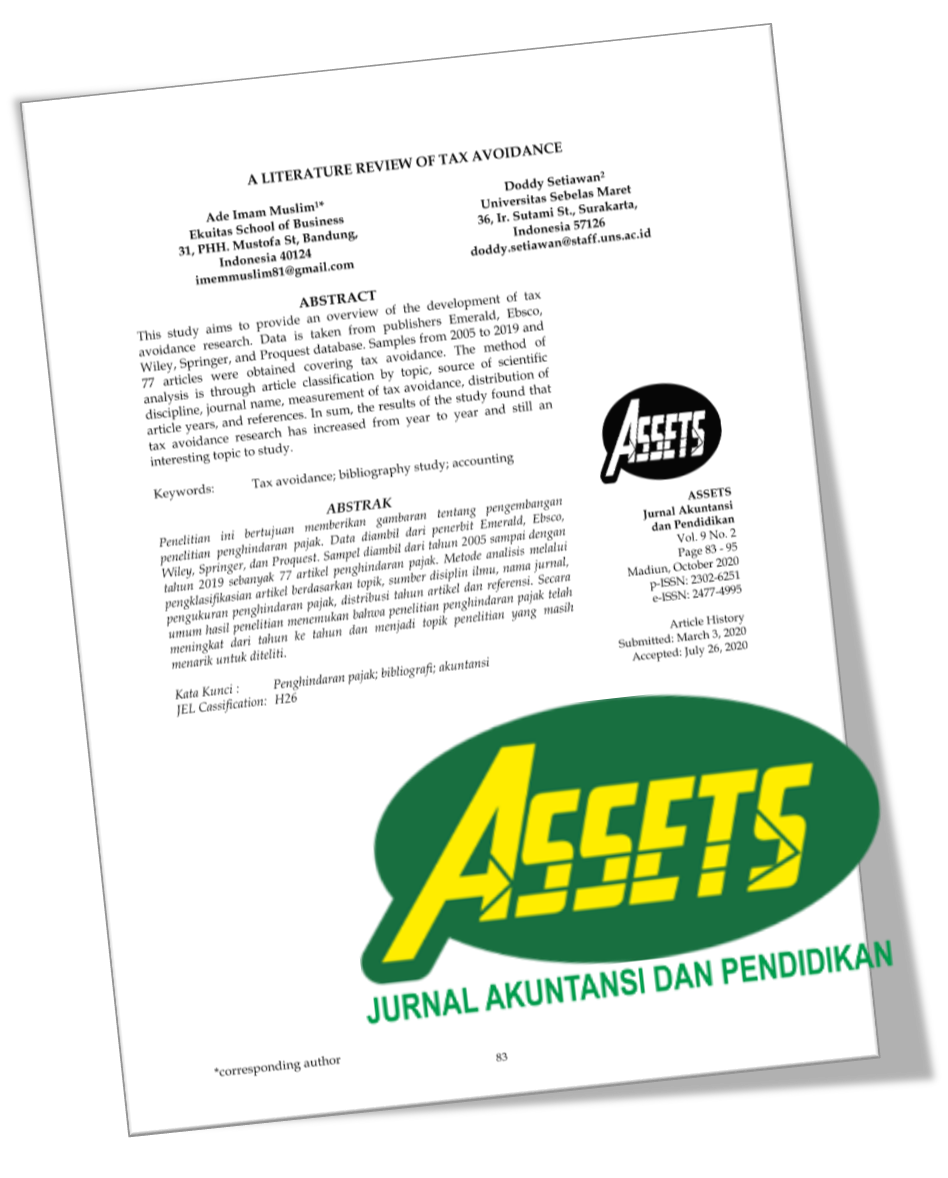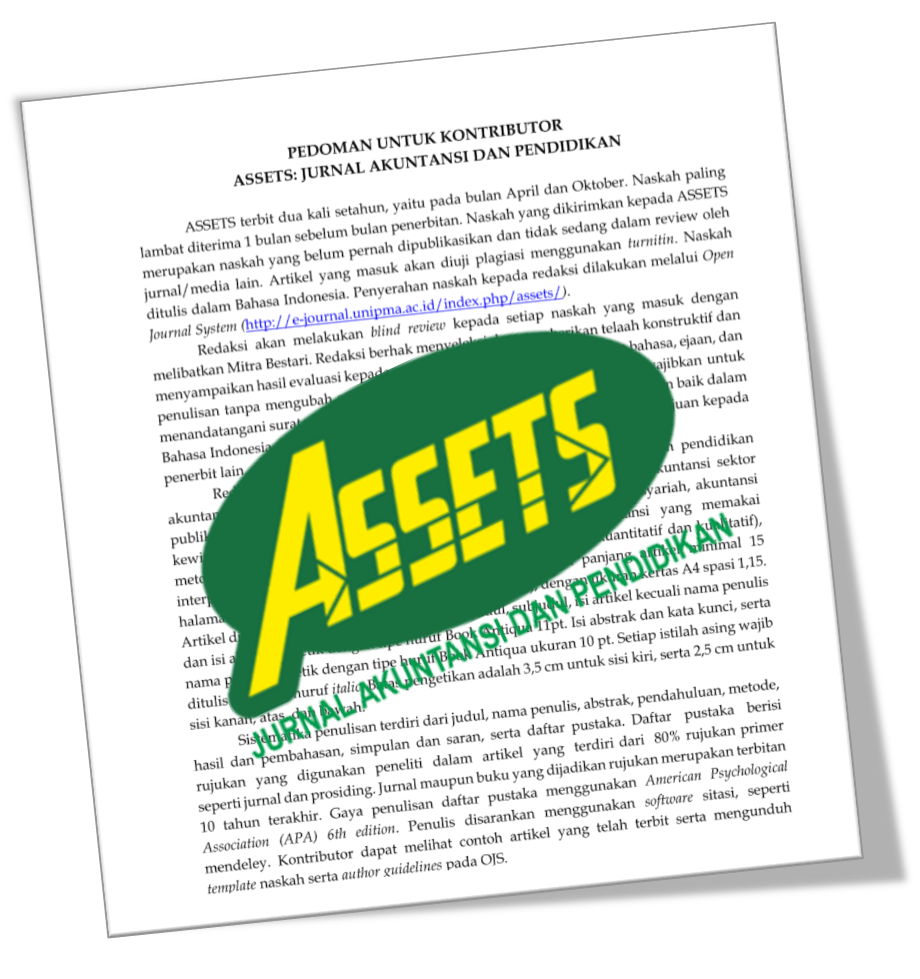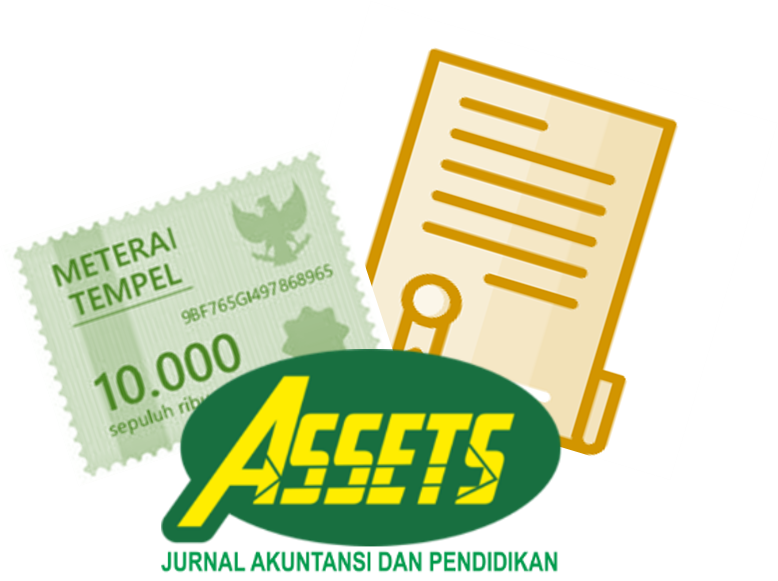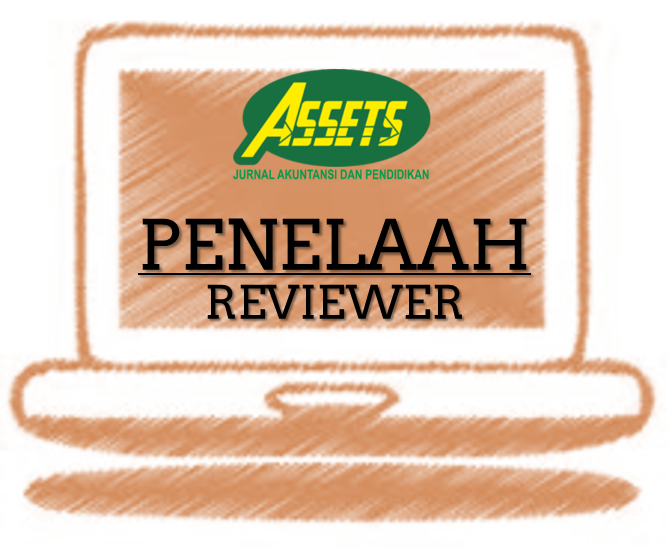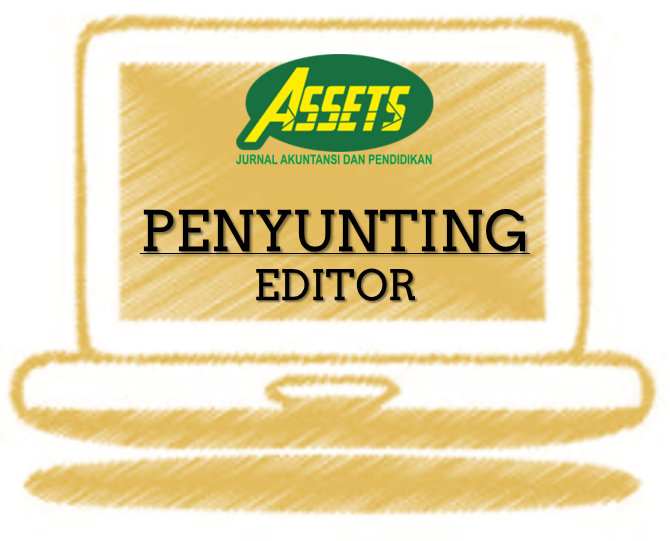THE INFLUENCE OF ACCOUNTABILITY ON CLEAN-CORRUPTION PERCEPTION IN LOCAL GOVERNMENT
DOI:
https://doi.org/10.25273/jap.v5i2.1194Keywords:
clean-corruption perception, financial accountability, performance accountability, public services accountabilityAbstract
This study aimed to analyze and examine the influence of financial accountability, performance accountability and public services accountability on the clean-corruption perception. The study population was the local government in Indonesia. Sampling technique used is purposive sampling and obtained 104 sample. The approach used in this research is a quantitative with an analysis tool used is multiple regression. The results show financial accountability and public services accountability influencing the clean-corruption perception, whereas performance accountability can’t influencing the clean-corruption perception. Hence it can be concluded that by improving the financial accountability and public services accountability can reduce the prevalence of corruption at the local government.
Downloads
References
Afriyanti, D., Sabanu, H. G., & Noor, F. (2015). Penilaian indeks akuntabilitas instansi pemerintah. Jurnal Tata Kelola & Akuntabilitas Keuangan Negara, 1(1), 21–42.
Ball, R., & Brown, P. (1968). An Empirical Evaluation of Accounting Income Numbers. Journal of Accounting Research, 6(2), 159–178.
Bergman, M., & Lane, J. (1990). Public Policy in A Principal-Agent Framework. Journal of Theoretical Politics, 2(3), 339–352. https://doi.org/10.1177/0951692890002003005
Deininger, K., & Mpuga, P. (2005). Does greater accountability improve the quality of public service delivery? Evidence from Uganda. World Development, 33(1), 171–191. https://doi.org/10.1016/j.worlddev.2004.09.002
Gailmard, S. (2012). Accountability and Principal–Agent Theory. Oxford Handbook of Accountability, (August), 90–105. https://doi.org/10.1093/oxfordhb/9780199641253.013.0016
Gray, A., & Jenkins, B. (1993). Codes of accountability in the new public sector. Accounting, Auditing & Accountability Journal. https://doi.org/10.1108/09513579310042560
Heriningsih, S., & Marita. (2013). Pengaruh Opini Audit dan Kinerja Keuangan Pemerintah Daerah terhadap Tingkat Korupsi Pemerintah Daerah (Studi Empiris pada Pemerintah Kabupaten dan Kota di Pulau Jawa). Buletin Ekonomi, 11(1), 1–86. https://doi.org/10.1017/CBO9781107415324.004
Ibietan, J. (2013). Corruption and Public Accountability in the Nigerian Public Sector: Interrogating the Omission. European Journal of Business and Management, 5(15), 41–49.
Jensen, C., & Meckling, H. (1976). Theory of the firm: Managerial behavior, agency costs and ownership structure. Journal of Financial Economics, 3, 305–360. https://doi.org/doi:10.1016/0304-405X(76)90026-X
Kemendikbud. (2011). Pendidikan Anti Korupsi untuk Perguruan Tinggi. (Y. K. Nanang T. Puspito, Marcella Elwina S., Indah Sri Utari, Ed.). Jakarta: Kementerian Pendidikan dan Kebudayaan RI.
Klitgaard, R. (1998). Membasmi Korupsi. Jakarta: Yayasan Obor Indonesia.
Klitgaard, R., Abaroa, R. M., & Parris, H. L. (2002). Penuntun Pemberantasan Korupsi Dalam Pemerintahan Daerah. Jakarta: Yayasan Obor Indonesia.
KPK. (2014). Integritas Sektor Publik Indonesia Tahun 2013 (Fakta Korupsi Dalam Layanan Publik). Jakarta: Direktorat Penelitian dan Pengembangan Kedeputian Bidang Pencegahan Komisi emberantasan Korupsi.
Lane, J.-E. (2005). Public administration and public management: the principal-agent perspective. Public Administration, 85(3), 871–874. https://doi.org/10.1111/j.1467-9299.2007.00673_7.x
Leruth, L., & Paul, E. (2007). A Principal-Agent Theory Approach to Public Expenditure Management Systems in Developing Countries. OECD Journal on Budgeting, 7(3), 103–131. https://doi.org/10.1787/budget-v7-art16-en
Mardiasmo. (2002). Akuntansi Sektor Publik (Edisi Pert). Yogyakarta: Andi.
Mariana, D., Paskarina, C., & Nurasa, H. (2010). Reformasi Birokrasi dan Paradigma Baru Administrasi Publik di Indonesia. In revitaslisasi administrasi negara (p. 3). Yogyakarta: graha ilmu.
Masyitoh, R. D., Wardhani, R., & Setyanigrum, D. (2015). Pengaruh Opini Audit, Temuan Audit, dan Tindak Lanjut Hasil Audit terhadap Persepsi Korupsi pada Pemerintah Daerah Tingkat II Tahun 2008-2010. Seminar Nasional Akuntansi 18 Universitas Sumatera Utara Medan, 1–26.
Mishra, A. (2004). Corruption: a review. Journal of Economic Surveys, 15(1), 71–121. https://doi.org/10.1111/1467-6419.00133
Olken, B. A. (2007). Monitoring Corruption: Evidence from a Field Experiment in Indonesia. Journal of Political Economy, 115(2), 200–249. https://doi.org/10.1086/517935
Palmer, M. (2000). Records management and accountability versus corruption, fraud and maladministration. Records Management Journal, 10(2), 61–72. https://doi.org/10.1108/EUM0000000007256
Peraturan Pemerintah Nomor 71. Standar Akuntasi Pemerintah (2010). Republik Indonesia.
Peters, b. guy. (2007). Performance-Based Accountability. In Anwar (Ed.), Performance accountability and combating corruption (pp. 15–31). Washington DC: The World Bank.
Rini, & Sarah, A. (2014). Opini Audit Dan Pengungkapan Atas Laporan Keuangan Pemerintah Kabupaten Serta Kaitannya Dengan Korupsi Di Indonesia. Etikonomi, 13(1), 1–20. https://doi.org/http://dx.doi.org/10.15408/etk.v13i1.1875
Rosalina, K. (2011). Faktor-Faktor Yang Mempengaruhi Korupsi Di Tingkat Kabupaten Dan Kota Di Indonesia (Dalam Konteks Anggaran Pendapatan dan Belanja Daerah). Tesis Universitas Brawijaya. Tidak Dipublikasikan.
Scott, W. R. (2009). Financial Accounting Theory. Learning, 546.
Shah, A. (2007). Tailoring the fight against corruption to country circumstances. In Performance accountability and combating corruption (pp. 233–254). Washington DC: The World Bank. https://doi.org/doi:10.1596/978-0-8213-6941-8
Shleifer, A., & Vishny, R. W. (1993). Corruption. The Quarterly Journal of Economics, 108(3), 599–617. https://doi.org/10.2307/2118402
Steccolini, I. (2004). Is the Annual Report and accountability medium? An empirical investigation into Italian local governments. Financial Accountability & Management, 20(August), 327–350. https://doi.org/10.1111/j.0267-4424.2004.00389.x
Svensson, J. (2005). Eight Questions about Corruption. Journal of Economic Perspectives, 19(3), 19–42. https://doi.org/10.1257/089533005774357860
TII. (2015). Survei Persepsi Korupsi 2015. Jakarta: Transparancy International Indonesia. https://doi.org/10.1017/S1368980000000069
Downloads
Published
Issue
Section
License
Perjanjian Lisensi dan Hak Cipta
Saat mengirimkan naskah ke jurnal, penulis menyatakan bahwa:
- Mereka diberi wewenang oleh rekan penulisnya untuk masuk ke dalam perjanjian ini.
- Karya yang dimaksud belum pernah diterbitkan secara resmi sebelumnya, kecuali dalam bentuk abstrak atau sebagai bagian dari kuliah, resensi, tesis, atau overlay jurnal yang diterbitkan.
- Karya yang dimaksud tidak sedang dipertimbangkan untuk diterbitkan di tempat lain,
- Publikasi karya yang dimaksud telah disetujui oleh semua penulis dan oleh otoritas yang bertanggung jawab - secara tahu sama tahu atau eksplisit - dari lembaga tempat pekerjaan itu dilakukan.
- Mereka mengamankan hak untuk mereproduksi materi apa pun yang telah diterbitkan atau dilindungi hak cipta di tempat lain.
- Mereka menyetujui lisensi dan perjanjian hak cipta berikut.
Hak Cipta
Penulis yang menerbitkan dengan ASSETS: Jurnal Akuntansi dan Pendidikan menyetujui persyaratan berikut:
- Penulis mempertahankan hak cipta dan memberikan jurnal hak publikasi pertama dengan karya yang secara bersamaan dilisensikan di bawah Lisensi Atribusi Creative Commons (CC BY-SA 4.0) yang memungkinkan orang lain untuk berbagi karya dengan pengakuan kepenulisan karya dan publikasi awal di jurnal ini.
- Penulis dapat masuk ke dalam pengaturan kontrak tambahan yang terpisah untuk distribusi non-eksklusif dari versi jurnal yang diterbitkan dari karya tersebut (misalnya, mempostingnya ke repositori institusional atau menerbitkannya dalam sebuah buku), dengan pengakuan publikasi awalnya di jurnal ini.
- Penulis diizinkan dan didorong untuk memposting karya mereka secara daring (misalnya di repositori institusional atau di situs web mereka) sebelum dan selama proses pengiriman, karena dapat menghasilkan pertukaran yang produktif, serta kutipan lebih awal dan lebih besar dari karya yang diterbitkan.
License and Copyright Agreement
In submitting the manuscript to the journal, the authors certify that:
- Their co-authors authorize them to enter into these arrangements.
- The work described has not been formally published before, except as an abstract or part of a published lecture, review, thesis, or overlay journal.
- That it is not under consideration for publication elsewhere,
- That its publication has been approved by all the author(s) and by the responsible authorities – tacitly or explicitly – of the institutes where the work has been carried out.
- They secure the right to reproduce any material already published or copyrighted elsewhere.
- They agree to the following license and copyright agreement.
Copyright
Authors who publish with ASSETS: Jurnal Akuntansi dan Pendidikan agree to the following terms:
- Authors retain copyright and grant the journal right of first publication with the work simultaneously licensed under a Creative Commons Attribution License (CC BY-SA 4.0) that allows others to share the work with an acknowledgment of the work's authorship and initial publication in this journal.
- Authors can enter into separate, additional contractual arrangements for the non-exclusive distribution of the journal's published version of the work (e.g., post it to an institutional repository or publish it in a book), with an acknowledgment of its initial publication in this journal.
- Authors are permitted and encouraged to post their work online (e.g., in institutional repositories or on their website) before and during submission, as it can lead to productive exchanges and earlier and more extraordinary citations of published work.

ASSETS: Jurnal Akuntansi dan Pendidikan is licensed under a Creative Commons Attribution-ShareAlike 4.0 International License.


